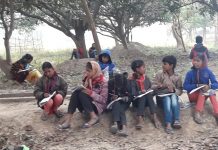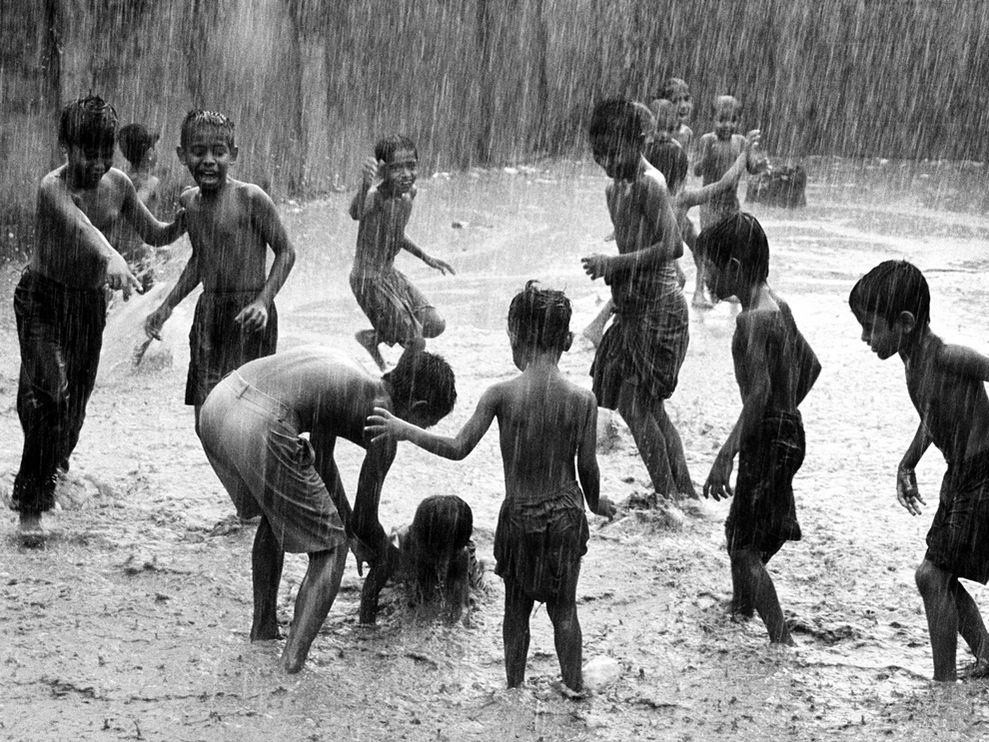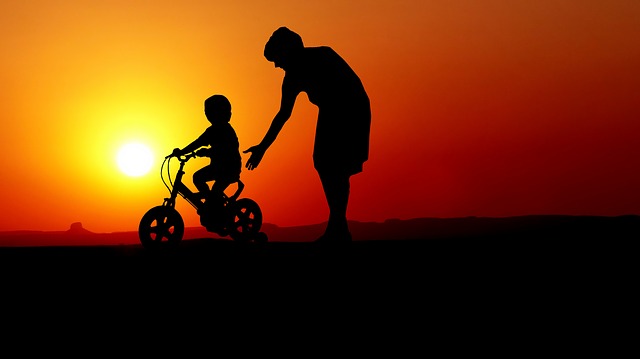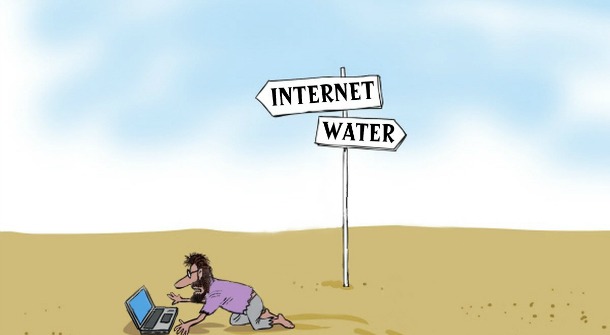As young learners grow up they realise that many of our urban practices are not is sync with our eco-sensitive pretensions and thus there seems to be a paradox in our times. What should be the role of teachers and pedagogues in cultivating a true sensitivity and concern for nature among their students?
Kavya Thomas | The New Leam
It is quite a strange fact that today when we wish for our younger generations to see animals, plants and nature we have no option but to take them to select places such as the zoo or a national park. Although it may feel to be a natural choice given the premise of rapid urbanisation and the proliferation of concrete spaces- however when one contemplates upon this issue deeply one discovers that there is so much more that this phenomenon reveals. We always teach our children that the planet is a shared space, where humans are one of the many species.

However, what the child discovers as she grows up is that humans behave as if they are the only species. How does the child learn the values of sharing, caring and living sustainably in what is known as a harmonious ecosystem? One teaches about small measures towards eco-sensibility such as recycling products, refusing the use of plastics, using car-pool method or differentiating between wet and dry wastes etc. The world however brings forth a completely different picture before the child, and she is compelled to think whether the adult world really means what they say or is it only hype.
We continue purchasing newer vehicles, littering garbage on streets, using plastics, wasting water and electricity even though we may opt for the occasional car pool or the jute bag. As a person who works extensively with young learners I have learnt that children and especially those that are alert and sensitive have always raised these concerns in the scope of classroom engagements. Such a critical issue cannot be neglected, it cannot be looked over and said that children cannot make of such things. In fact children are fast enough to see through the superficial actions of adults. I suggest that we as pedagogues should try to bring our own lives in sync with nature and allow children to see with our own examples, that such a life is possible. It requires immense care and even more patience to bring forth these subtle changes but if we are to bring up our children as friends of nature, we really have to work for it.
The child goes to the zoo or visits a national park and discovers that there are many animals or trees but the child will also ask that if human habitation is in every corner of the world, why are bot animals free to move anywhere? The child’s mind will also want to know why animal and plant ecosystems are being threatened even when man calls himself the most evolved being. These and many other dilemmas put forward by the child, take us on our own set of explorations. If we take an introspective journey within and search for the answers, we will find solutions too many of the major contemporary challenges of our times. I hope our teachers are listening?
If you Liked the story? Go ahead and support the cause of independent journalism. DONATE NOW










